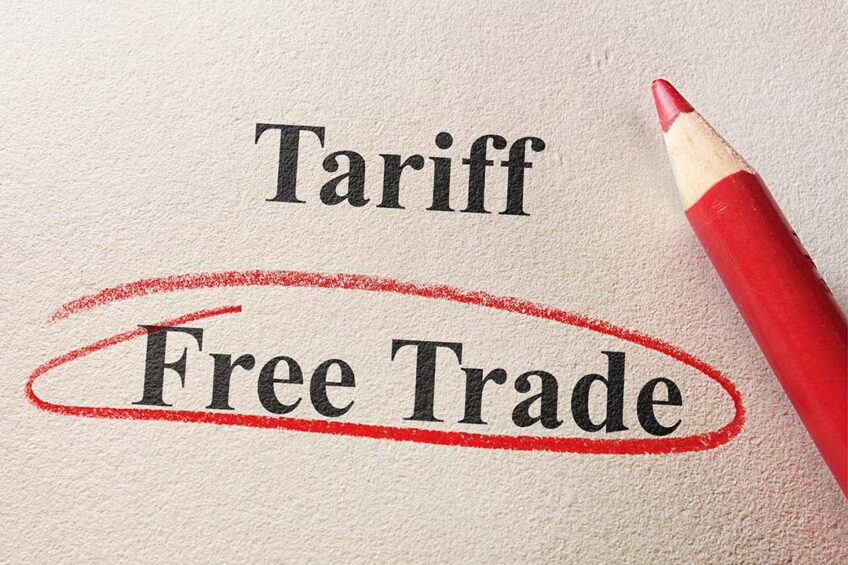Tariff-free trade with Ukraine prompts concerns for UK poultry

Farming organisations have urged the UK government to consider how to avoid detrimental impacts on domestic poultry meat production following a tariff-free trade agreement with Ukraine.
The tariff-free trade deal with Ukraine has been extended until 2029, although eggs and poultry exemptions last only for an additional 2 years rather than 5.
While welcoming the renewed display of solidarity with the war-torn nation, the National Farmers’ Union (NFU) has expressed concern about the impact on domestic production amid industry anger about hits to profit margins and shifting regulations.
Surge in imports
The NFU said that since the UK granted its temporary tariff suspensions in May 2022, imports of Ukrainian poultry meat to the UK, direct and transhipped via the European Union, had increased by 90% in the first 11 months of 2023 compared to the same period in 2022. It said the levels exceeded the quotas available under the UK-Ukraine free-trade agreement and warranted more effective government monitoring.
Effects on UK poultry sector
Minette Batters, outgoing NFU president, said members wanted to support Ukrainian farmers and that facilitating trade was a practical way to do so, but that there had to be recognition of its effects on the UK domestic industry.
“Even amidst the war, Ukraine remains one of the world’s largest chicken meat exporters so it’s reassuring that our government has found a way to support Ukraine by extending tariff easements while also considering vulnerable sectors here in Britain, such as our poultry producers,” said Batters.
“International trade is a dynamic environment and is influenced by many factors, not least tariff treatment in other markets such as the EU. We therefore urge the government to monitor the effects of this decision closely and, if it does become necessary, to make use of available bilateral safeguards,” Batters added.
Protests on Poland
The comments come as Polish farmers blocked roads and staged protests at border checkpoints with Ukraine in a new wave of protests against farming imports. More than 250 locations saw activities and Poland’s main farming union said the action would continue until 10 March.
Poland banned Ukrainian grain imports and the Agriculture Minister Czeslaw Siekierski has not ruled out new bans covering other products: “It may be needed for sugar, if the influx is too large. It may be needed for poultry.”













